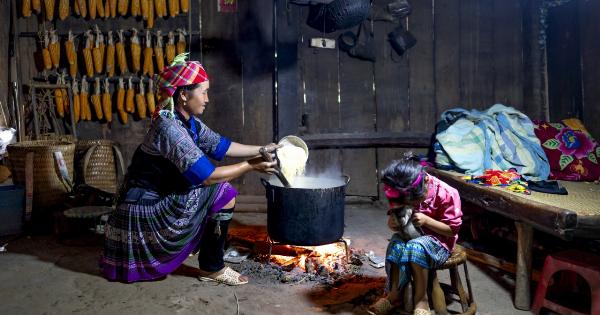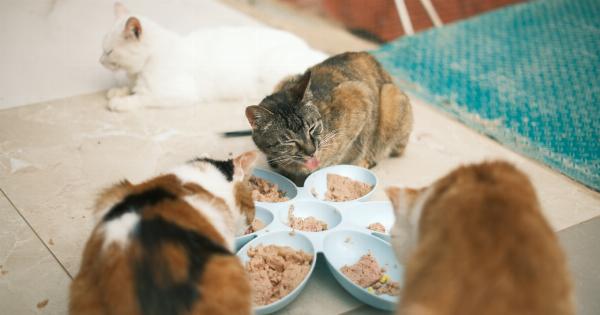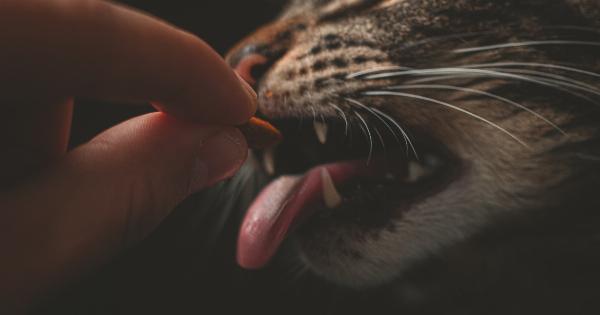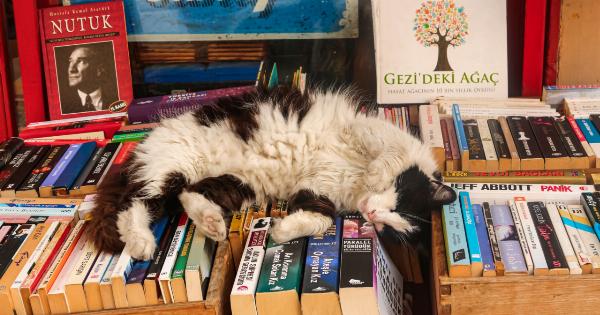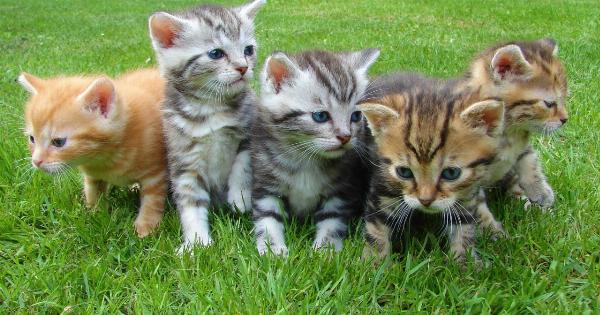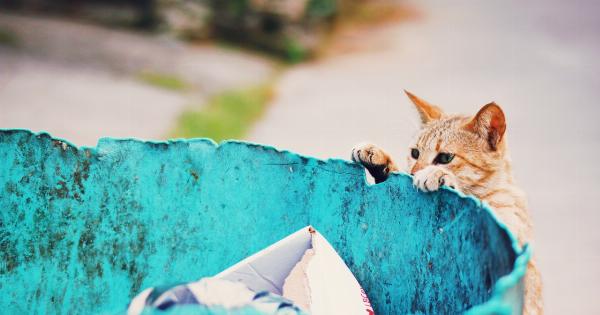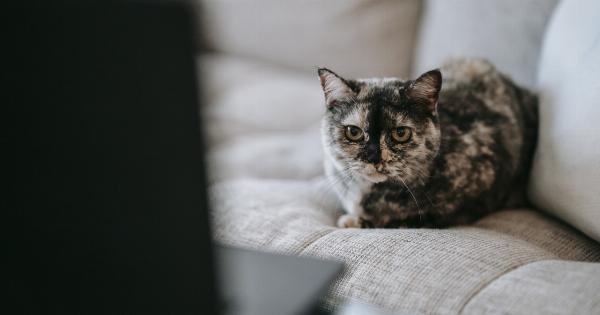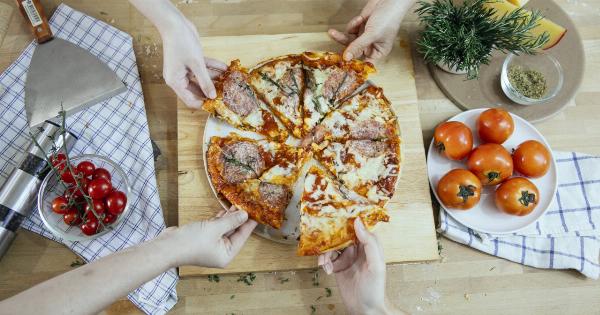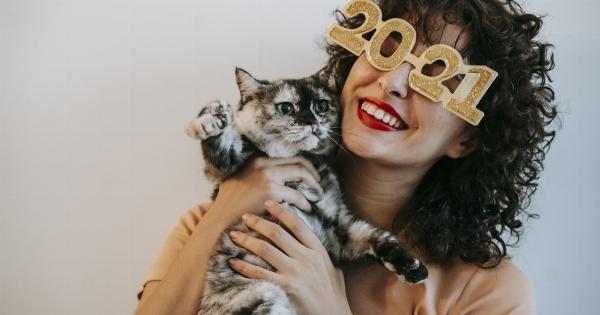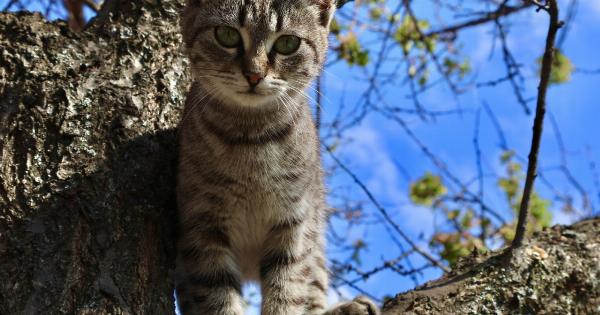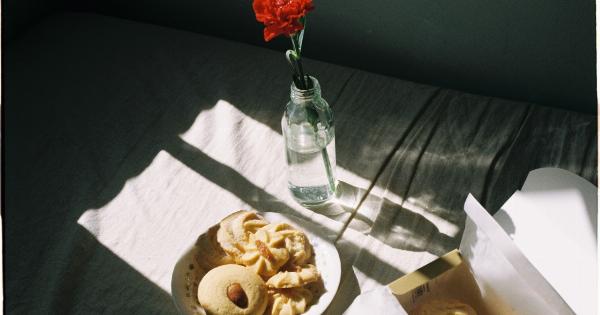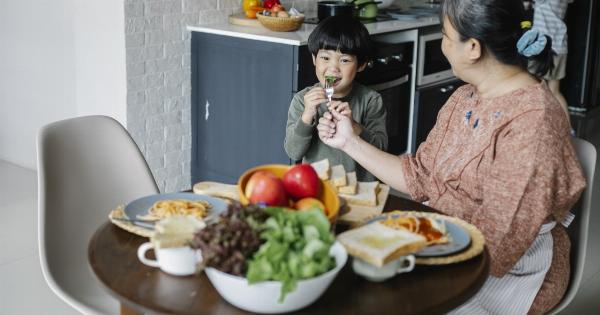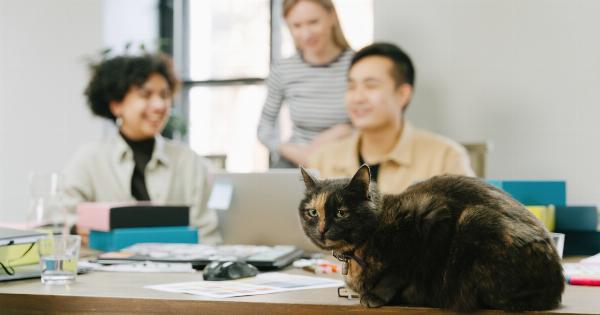Cats are known for their love of food, and for many cat owners, feeding their feline friends is one of the most enjoyable aspects of pet ownership.
However, it’s important to ensure that your cat is getting enough food to keep them healthy and happy. If you’re concerned that your cat isn’t getting enough food, there are several signs to watch out for:.
1. Weight loss
One of the most obvious signs that your cat isn’t getting enough food is weight loss. If your cat is losing weight despite eating regularly, it’s likely that they’re not consuming enough calories to maintain a healthy weight.
If this is the case, it’s important to speak to your veterinarian to rule out any underlying health issues and to determine an appropriate feeding plan.
2. Poor coat condition
A cat’s coat can be a good indicator of their overall health. If your cat’s coat is dull, thinning, or greasy, it could be a sign that they’re not getting enough nutrients through their diet.
A healthy cat should have a shiny, full coat, so if you notice any changes in your cat’s coat, it’s important to speak to your veterinarian.
3. Decreased activity levels
Cats are naturally active animals, but if your cat is not getting enough food, they may become lethargic and inactive.
If your cat seems less interested in playing or exploring, it could be a sign that they’re not getting enough energy from their food. Again, it’s important to speak to your veterinarian if you notice any changes to your cat’s activity levels.
4. Increased hunger
If your cat seems constantly hungry despite eating their regular meals, it could be a sign that they’re not getting enough food.
Cats are known for their love of food, so if your cat seems hungry all the time, it’s worth checking whether they’re getting enough food to eat.
5. Poor temperament
Cats can become grumpy and irritable if they’re not getting enough food. If your cat seems more easily agitated or has become aggressive, it could be a sign that they’re not getting the food they need to stay healthy and happy.
6. Increased drinking
Cats that are not getting enough food may drink more water in an attempt to compensate for their lack of nutrition.
If you notice that your cat is drinking more water than usual, it’s important to consider whether they’re getting enough food to eat.
7. Poor dental health
Cats that are not getting enough food may suffer from poor dental health. This is because a lack of nutrients can weaken their teeth and gums, making them more susceptible to dental problems.
If your cat’s teeth or gums look unhealthy, it’s important to speak to your veterinarian.
8. Poor immune system
If your cat isn’t getting enough food, their immune system may become compromised. This means that they may be more susceptible to illness and infection, and may take longer to recover from illnesses.
A healthy diet is essential for a strong immune system, so if you’re concerned about your cat’s health, it’s important to ensure that they’re getting the nutrients they need.
9. Changes in litter box behavior
If your cat’s litter box behavior changes, it could be a sign that they’re not getting enough food. Cats that are not getting enough nutrients may produce less waste, or may have a harder time passing stool.
Conversely, cats that are constantly hungry may produce more waste than usual. If you notice any changes to your cat’s litter box behavior, it’s worth considering whether they’re getting enough food to eat.
10. Poor growth and development in kittens
If you have a kitten, it’s important to ensure that they’re getting enough food to support healthy growth and development. Kittens that are not getting enough food may grow more slowly and may be more susceptible to health issues.
If you’re concerned about your kitten’s growth and development, it’s important to speak to your veterinarian and to ensure that they’re getting a balanced, nutritious diet.
Conclusion
If you’re concerned that your cat isn’t getting enough food, there are several signs to watch out for.
Weight loss, poor coat condition, decreased activity levels, increased hunger, poor temperament, increased drinking, poor dental health, poor immune system, changes in litter box behavior, and poor growth and development in kittens can all be signs that your cat is not getting enough food. If you’re concerned about your cat’s health, it’s important to speak to your veterinarian to determine an appropriate feeding plan.

